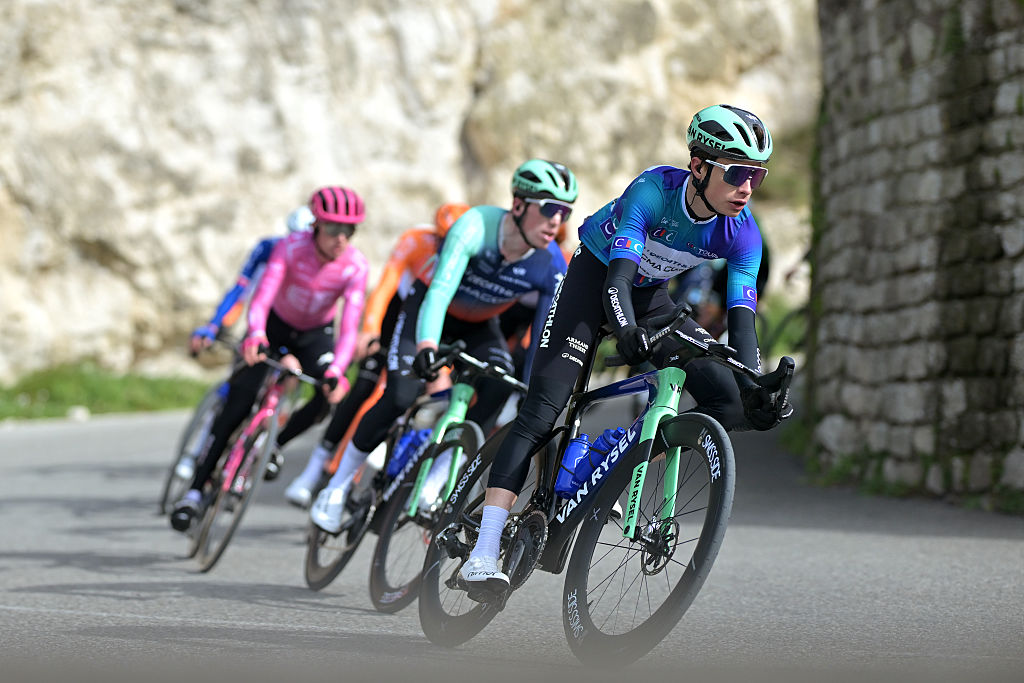Hincapie claims there's more to Andreu's doping past
Betsy Andreu calls it a smear campaign
The latest race content, interviews, features, reviews and expert buying guides, direct to your inbox!
You are now subscribed
Your newsletter sign-up was successful
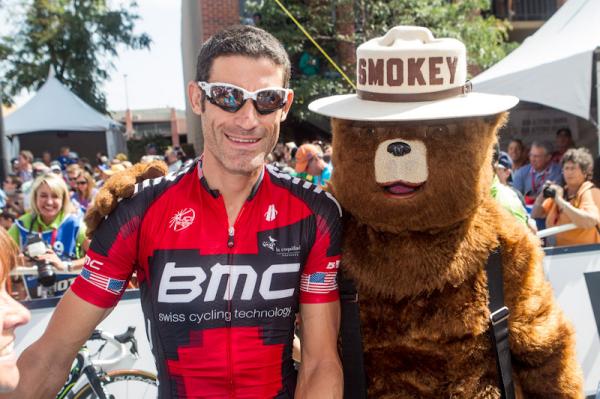
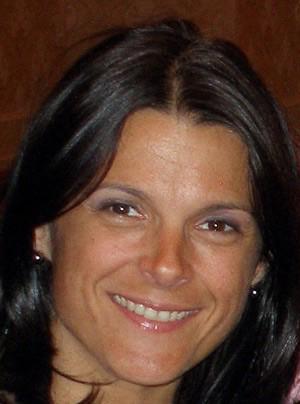
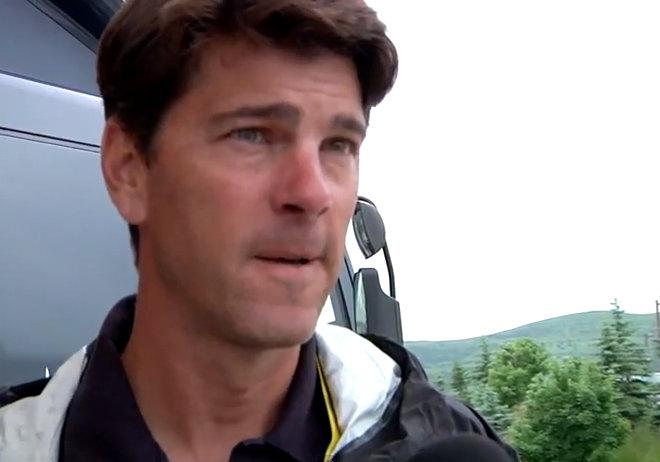
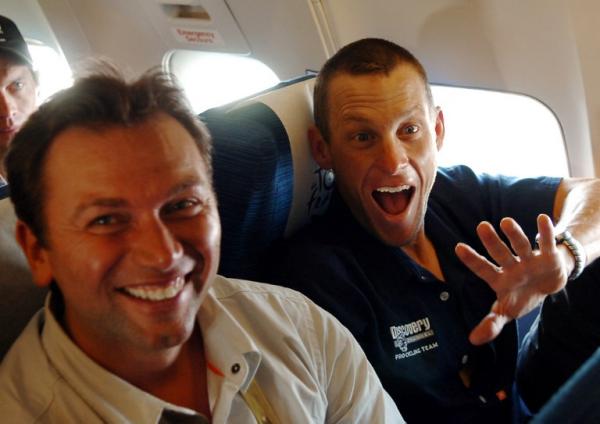
In a Groundhog Day interview with the Detroit Free Press, George Hincapie added to the long winter of cycling's EPO era by countering claims by former teammate Frankie Andreu, alleging that Andreu was not the reluctant participant in the doping scheme that he claimed to be.
Andreu's wife Betsy denounced the article to Cyclingnews, stating that there was nothing new in Hincapie's statements, but that it was just another "futile" attempt by Lance Armstrong, still a friend of Hincapie's, to "bismirch the character" of her and her husband, who are witnesses in two potentially very financially damaging lawsuits against Armstrong.
At issue is whether or not Andreu only directed Hincapie to Switzerland as a place to obtain EPO, as he testifed in the US Anti-Doping Agency's investigation into organized doping by Lance Armstrong and his US Postal Service team, or if he was more involved in showing Hincapie how to use the drug, as Hincapie claimed in today's article.
Andreu was the first of the US Postal Service riders to admit publicly to doping. In a 2006 interview with the NY Times, he confessed to using EPO only for a few races. To USADA, he admitted to doping through the 1999 Tour de France.
Hincapie also testified to USADA that he used EPO, and said in his affidavit that Andreu told him he could get the blood booster EPO in Switzerland.
However, in a documentary movie "The Armstrong Lie", Hincapie alleges that Andreu taught him how to use EPO, and to the Detroit Free Press, he said Andreu directed him the exact pharmacy where he could obtain it.
"Frankie was my mentor in the peloton," Hincapie said, and talked about the first time he chose to use illegal performance-enhancing drugs. "For me, it was a powerful moment that I won't forget. It was like, 'Oh, now I'm going to have to do that, too.' It's not like one of those rumors or the whispers you hear. When you actually see it and your good friend is doing it and it's someone you look up to, it really hits you. Not that I'm blaming Frankie."
The latest race content, interviews, features, reviews and expert buying guides, direct to your inbox!
It was pressure from his wife Betsy that drove Andreu to give up the drugs in 2000, and the Andreus claim it cost him his job as a rider the following year. Armstrong and team manager Johan Bruyneel denied this claim, stating that the contract dispute was only over money.
Andreu's life was further complicated in 2003, when Armstrong learned that Betsy had spoken to author David Walsh, who was preparing the expose' "LA Confidentiel". The pair endured threats and intimidation, but continued to push to expose the truth of Armstrong's doping. Ultimately, USADA made its case, banned Armstrong, and he later went on television with Oprah Winfrey to confess to his doping infractions.
In today's article, Hincapie hinted that Andreu was a hypocrite for coming out so strongly against Armstrong. "I know Frankie was part of the whole system as well," Hincapie said. "Once he left cycling, he was very opinionated about the system, as was [his wife] Betsy. For me, it was hard to accept that. It was hard to understand why he was so opinionated about it when he was part of it.
"I'm not denouncing them because they went through a lot of hard times. But a lot of what actually happened was lost in all this. A lot of what Frankie did, I don't know if she (Betsy) even knows."
The Andreus are still key witnesses in a suit by the SCA Promotions company, which sued Armstrong to regain bonuses it paid him after the release of "LA Confidentiel" which were the first concrete indications that Armstrong doped to win his seven Tours de France.
After Armstrong admitted publicly to doping that suit was revived with SCA Promotions attempting to win back a cash settlement it made with Armstrong.
They are also witnesses in the federal "whistleblower" or "qui tam" lawsuit taken up by Floyd Landis, which could result in damages paid by Armstrong in the tens of millions of dollars.
"Frankie never taught George to dope and never became the junkie that he and Armstrong became," Betsy Andreu said. "Frankie's life in the sport is in the USADA report - there's nothing more to it as Hincapie and Armstrong would like people to believe."
Both riders admit to being equally guilty in the entire affair. "Now that the truth is out, everyone knows we were all compliant," Hincapie said. "We were all part of a screwed-up sport. Just because one of us stopped before the others doesn't make him a better person."
"You can't justify it," Frankie said to the Detroit Free Press, in a separate article. "And so for me, that was hard. What I did was wrong, but at the time, I didn't realize it was wrong. I was just doing it."
"I'm just as guilty as some of the others. Even though I didn't do near as much as a lot of the other guys did, which is a crazy amount of PEDs. If you go in and rob a bank for a nickel or you go in and rob a bank for a million dollars with grenades and firearms and you kill people, you're still both bank robbers. It's just one person did it to the extreme. But you're both still considered bank robbers," Andreu said.
While Hincapie may not be able to understand the Andreus' stance, Betsy Andreu railed against this latest attempt to "muddy the waters".
"We are the ones who came out looking good in ["The Armstrong Lie"] - we are the credible witnesses in the SCA case and the qui tam suit, and they just want to smear us."

Laura Weislo has been with Cyclingnews since 2006 after making a switch from a career in science. As Managing Editor, she coordinates coverage for North American events and global news. As former elite-level road racer who dabbled in cyclo-cross and track, Laura has a passion for all three disciplines. When not working she likes to go camping and explore lesser traveled roads, paths and gravel tracks. Laura specialises in covering doping, anti-doping, UCI governance and performing data analysis.
